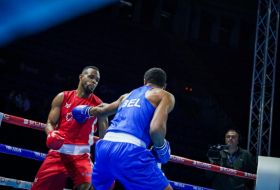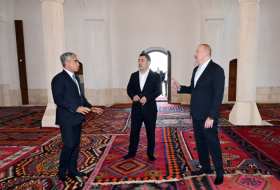I’ve seen it especially during tight deadlines, or when two parties have opposing agendas coupled with equally opposing personalities.
So what do we do when other people push our buttons and we sense we’re about to “go postal”? Well, there are two paths we can take: We can choose to react or respond.
Choosing to React (Not Recommended)
In a previous company, I vividly recall an executive marching down the hall spewing expletives on his way to wage war with a middle manager. An ongoing issue boiled over, and this exec just lost it. The commotion left some people very uncomfortable.
As leaders, when we react in such a manner (as this highly-publicized corporate exec did), we are being impulsive, shortsighted and usually not giving much thought to what we are doing.
It usually happens when you don’t get something you want, or react on impulse to an unresolved issue. Or maybe out of fear of something. Then, “fight, flight or freeze” takes over.
You may end up domineering or withdrawing, clouding your thinking and judgment in the process.
In a communication exchange, this can easily escalate when the other person also reacts without thinking first, turning a conversation into a heated argument or leading to passive-aggressive behavior like backstabbing or gossiping. Yikes.
Choosing to Respond (Highly Recommended)
But by responding, rather than reacting, we create space to consider the situation and decide the best approach to handle things. Responding consists of three things:
- patience
- humility
- self-awareness
Patience
We use this leadership virtue to our advantage to assess a situation, get perspective,listen without judgment, process, and hold back from reacting head on. It’s the decision to sit on your decision.
By thinking it over rationally, you’ll eventually arrive at other, more sane conclusions. While patience may be bitter, its fruit is oh-so-sweet.
Humility
We avoid the temptation of reacting from our bruised egos with a sarcastic comeback, put down, or stomping on the warpath for revenge. We draw instead from our inner strength, trusting in the moment to a different, better, outcome.
Self-Awareness
We look at the whole picture, and both sides of the issue. We tap into our feelings and those of others to choose a different outcome, like a compassionate response to solving an interpersonal problem.
Daniel Goleman, the emotional intelligence guru, says,
“If your emotional abilities aren’t in hand, if you don’t have self-awareness, if you are not able to manage your distressing emotions, if you can’t have empathy and have effective relationships, then no matter how smart you are, you are not going to get very far.”
Diffusing Conflict With a Compassionate Response
The next time someone flies off the handle on you, here’s a way to positively blow that person away with your response. Try asking, “Are you OK? What’s going on?”
Then…just…listen.
What comes next may surprise you. You will most likely open up the door for the other person to explain the issue behind the issue. Now you have arrived at another great opportunity: to diffuse a situation through open discourse.
What responses have worked well for you when dealing with conflict? Comment below or look me up on Twitter.
/Inc.com./
More about:
















































